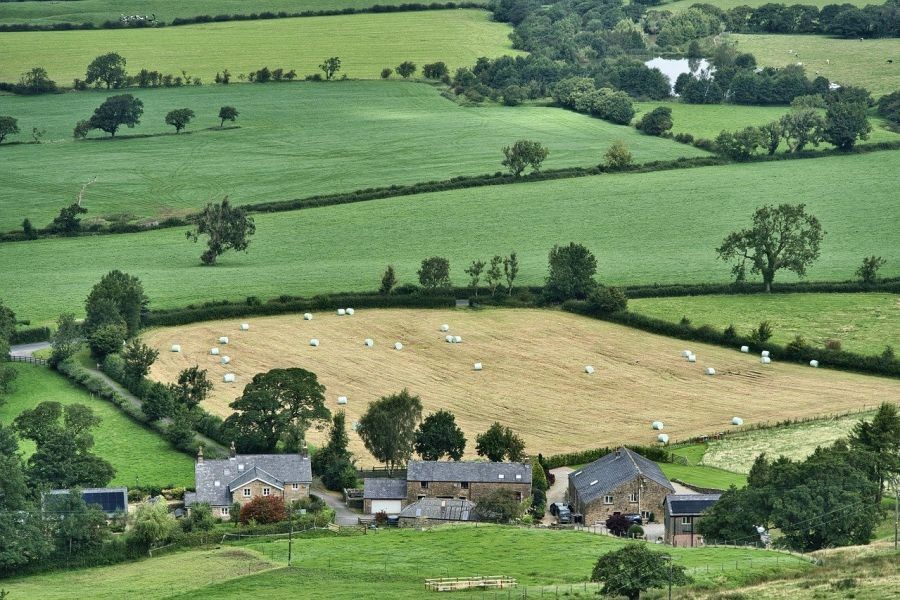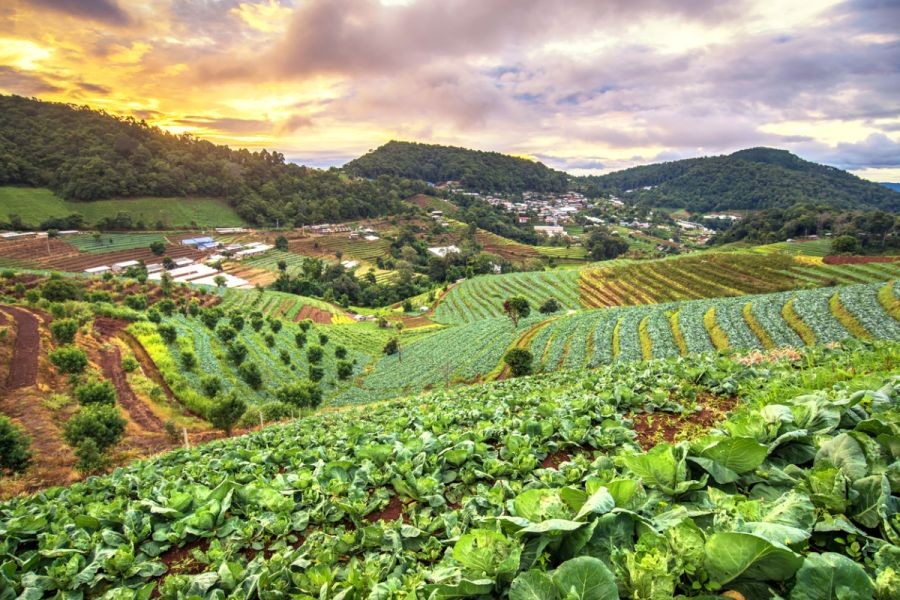In recent years, sustainable farmland investment has emerged as a growing trend among investors, driven by the increasing awareness of environmental challenges and the need for sustainable practices. In New Zealand, this trend is particularly relevant due to the country's rich agricultural heritage and commitment to environmental sustainability. Let's explore why some investors are focusing on sustainable farmland, and how this trend is shaping New Zealand's economy and industries.
The Rise of Sustainable Farmland Investment
Investors are increasingly recognizing the potential of sustainable farmland as a viable and profitable investment. This shift is largely driven by the growing global demand for sustainable agricultural practices, which are essential for addressing climate change and food security challenges. In New Zealand, the agricultural sector plays a significant role in the economy, contributing approximately 6% to the GDP and employing around 150,000 people (Source: Stats NZ).
Case Study: Lake Hawea Station
One notable example of sustainable farming in New Zealand is Lake Hawea Station, a high-country farm in Otago, which has implemented regenerative farming practices to enhance soil health and biodiversity. The farm has seen significant improvements in soil carbon levels and water retention, leading to increased productivity and resilience against climate change impacts.
By focusing on biodiversity and sustainable land management, Lake Hawea Station has attracted the attention of investors who are interested in supporting environmentally-friendly practices. This case study demonstrates the potential for sustainable farmland to deliver both environmental and financial benefits.
Comparative Analysis: Traditional vs. Sustainable Farmland
To understand the growing interest in sustainable farmland, it's essential to compare it with traditional farming practices. Traditional methods often prioritize short-term yields over long-term sustainability, leading to soil degradation, water pollution, and biodiversity loss.
In contrast, sustainable farming practices focus on maintaining ecological balance and improving soil health, which can lead to higher yields in the long run. According to a report by the Ministry for Primary Industries (MPI), sustainable farming can enhance soil fertility, reduce greenhouse gas emissions, and improve water quality, contributing to the country's environmental goals.
Pros and Cons of Sustainable Farmland Investment
- Pros:
- Environmental Benefits: Sustainable farming practices help reduce carbon emissions and improve soil health, aligning with global sustainability goals.
- Economic Resilience: Farms employing sustainable methods often experience greater resilience to climate change and market fluctuations.
- Long-term Profitability: Sustainable practices can lead to higher yields and reduced input costs over time.
- Cons:
- Initial Costs: Transitioning to sustainable farming requires investment in new technologies and practices.
- Knowledge Gap: Farmers may need training and support to implement sustainable practices effectively.
Common Myths About Sustainable Farmland
- Myth: Sustainable farming is not profitable.
- Reality: Studies show that sustainable farms can achieve similar or even higher profitability compared to traditional farms due to lower input costs and improved yields over time.
- Myth: It takes too long to see benefits from sustainable farming.
- Reality: While some benefits may take time to manifest, many sustainable practices yield positive environmental and economic results within a few years.
Future Trends and Predictions
The future of sustainable farmland investment in New Zealand looks promising, with several trends expected to shape the industry. The government's commitment to achieving carbon neutrality by 2050 is likely to drive further investment in sustainable farming practices. Additionally, advancements in agri-tech and precision farming are expected to enhance the efficiency and sustainability of New Zealand's agricultural sector.
According to a report by Deloitte, the demand for sustainably produced food is projected to increase by 20% by 2030, presenting significant opportunities for New Zealand's agricultural industry to expand its global market share.
Final Takeaway & Call to Action
Sustainable farmland investment offers a unique opportunity to contribute to environmental sustainability while achieving financial returns. New Zealand, with its rich agricultural resources and commitment to sustainability, is well-positioned to lead this trend.
If you're interested in exploring sustainable farmland investment opportunities, consider researching local farms that are implementing regenerative practices. What steps will you take to support sustainable agriculture and secure a prosperous future for New Zealand's farming industry? Share your thoughts and insights below!
People Also Ask
- How does sustainable farmland impact New Zealand's economy? Sustainable farmland supports the economy by enhancing agricultural productivity, reducing environmental impacts, and creating jobs in the agri-tech sector.
- What are the best strategies for investing in sustainable farmland? Experts recommend conducting thorough research on farm practices, understanding local regulations, and focusing on farms with proven sustainable practices.
Related Search Queries
- Sustainable farming New Zealand
- Investing in farmland NZ
- Regenerative agriculture benefits
- Environmental impact of farming
- Sustainable agriculture practices

































kellemenard821
11 months ago